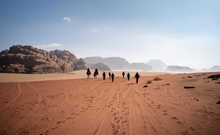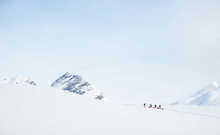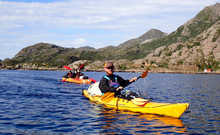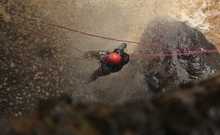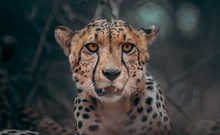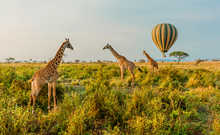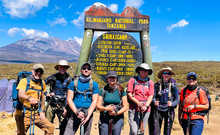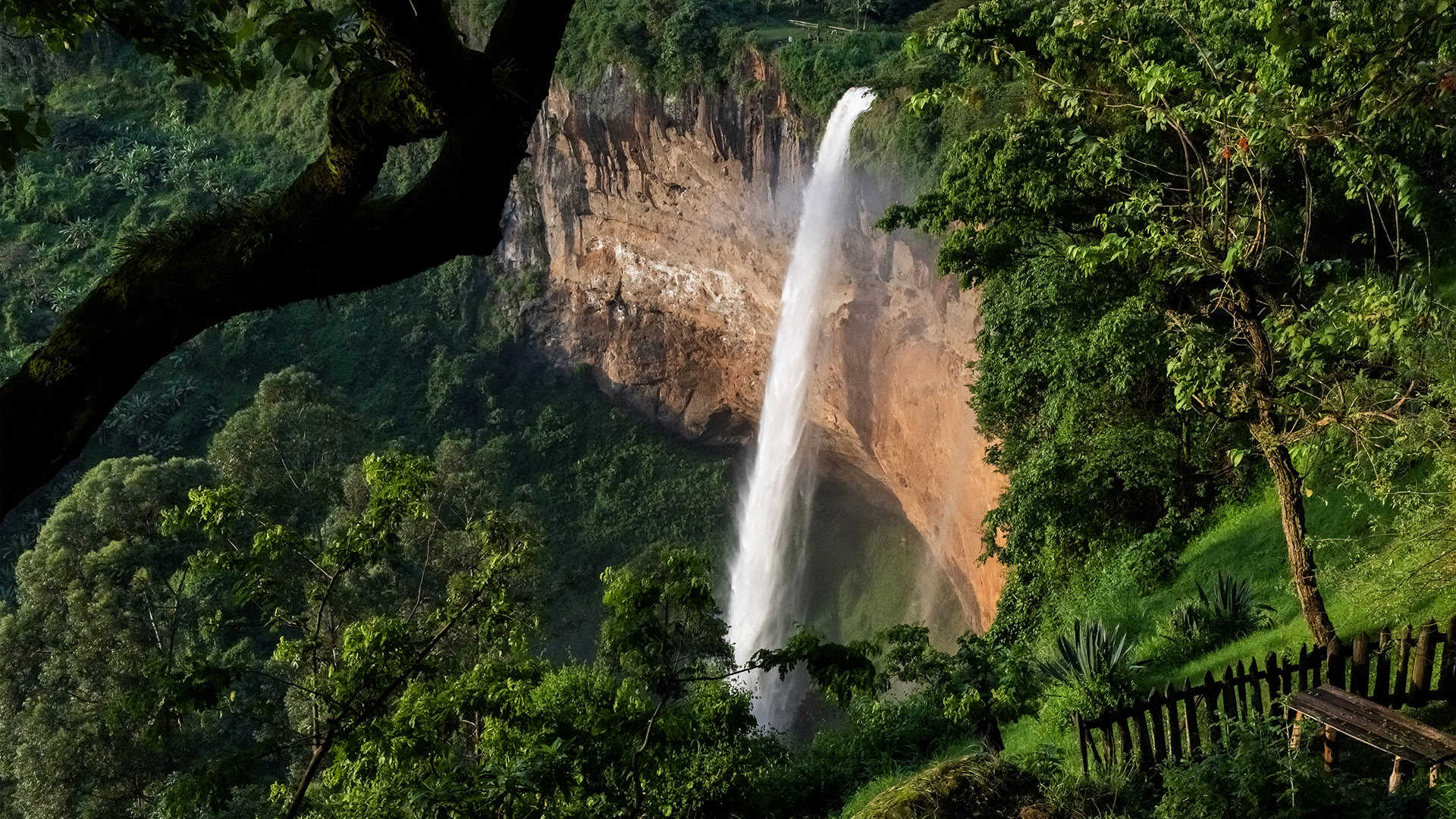Introduction
where is uganda?
Lake Victoria sprawls across much of the southeast of
Uganda, as well as northern Tanzania and southwestern Kenya, which is the
largest tropical lake in the world and the source of the River Nile.
What is the capital city of Uganda?
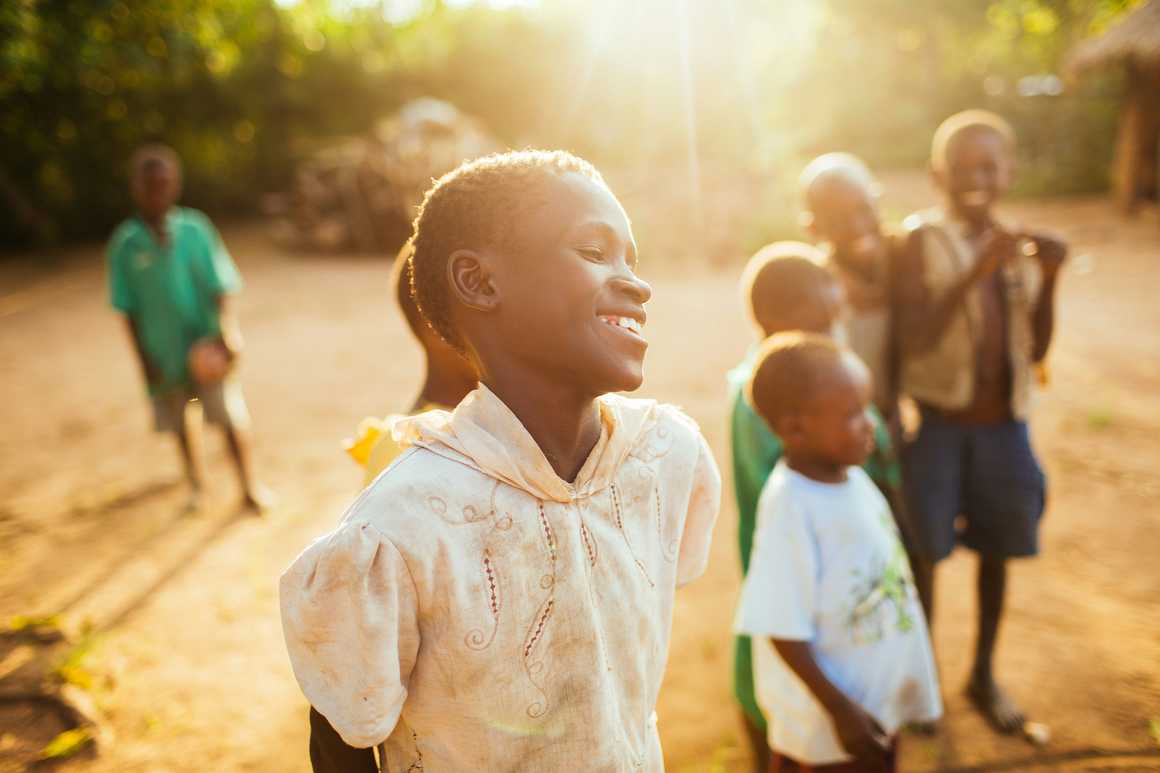
What is Uganda known for?
As well as the big 5 and prolific birdlife, Uganda is also
home to over 20 species of primate. In addition to chimpanzees, vervet monkeys,
colobus and baboons, Uganda has over half the world’s gorilla population living
across the Virunga mountains. In the southwestern corner of Uganda sits Bwindi
Impenetrable Forest National Park and further north is Mgahinga National Park.
You can visit the gorillas in both these locations which is often the highlight
of trips to Uganda. Check out our Ultimate Guide to Gorilla Trekking in Uganda blog for more information.
Aside from the incredible wildlife and birds, Uganda is also
famously the source of the Nile. The White Nile flows out of Lake Victoria at
Jinja and is an awesome place to try white water rafting, where there are exhilarating
grade 5 rapids to paddle down. Jinja is known as the adventure capital of
Uganda and offers plenty of opportunity to try water sports and explore Uganda
from the water.
What language do they speak in Uganda?
Swahili is also widely spoken and understood, although is
more prolific in the east as you get closer to the Kenyan border.
What is the currency of Uganda?
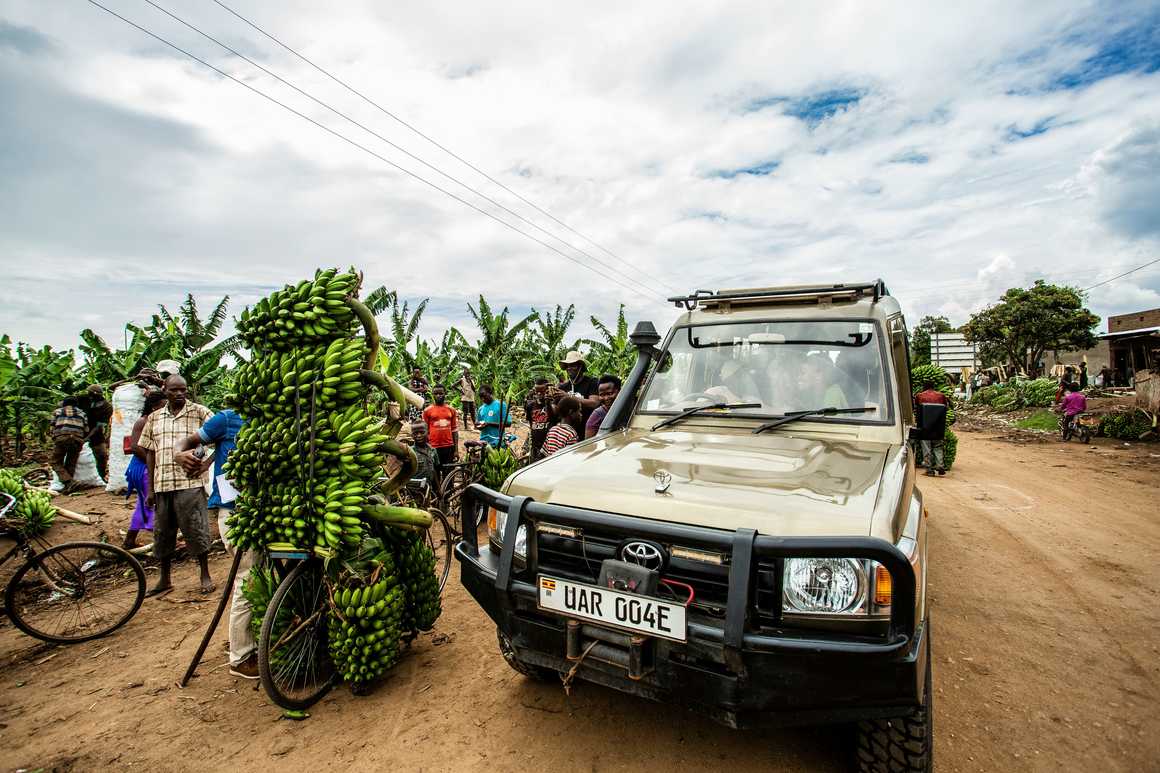
What time is it in Kampala, Uganda?
How to get to Uganda?
Major international airlines fly into Entebbe via their own
hubs, the most common of which are Ethiopian Airlines which fly via Addis
Ababa, Turkish Airlines which fly via Istanbul, Emirates which fly via Dubai
and Qatar Airways which transit through Doha. There are of course others that
transit through Europe, but there are no direct flights to Uganda from the UK
or US.
What to do in Uganda?

Mountains in Uganda
On the other side of the country is Mount Elgon,
close to Sipi Falls. Whilst not as high as Mount Stanley, the volcanic Mt Elgon
is still 4,321m high and offers a wildly different trekking experience. Here
the crater is 5 miles wide and is one of the largest and oldest volcanic
craters in the world. This lush, green wilderness takes you on a fascinating
journey as you trek across the fertile, equatorial plains to the crater rim and
her many peaks.
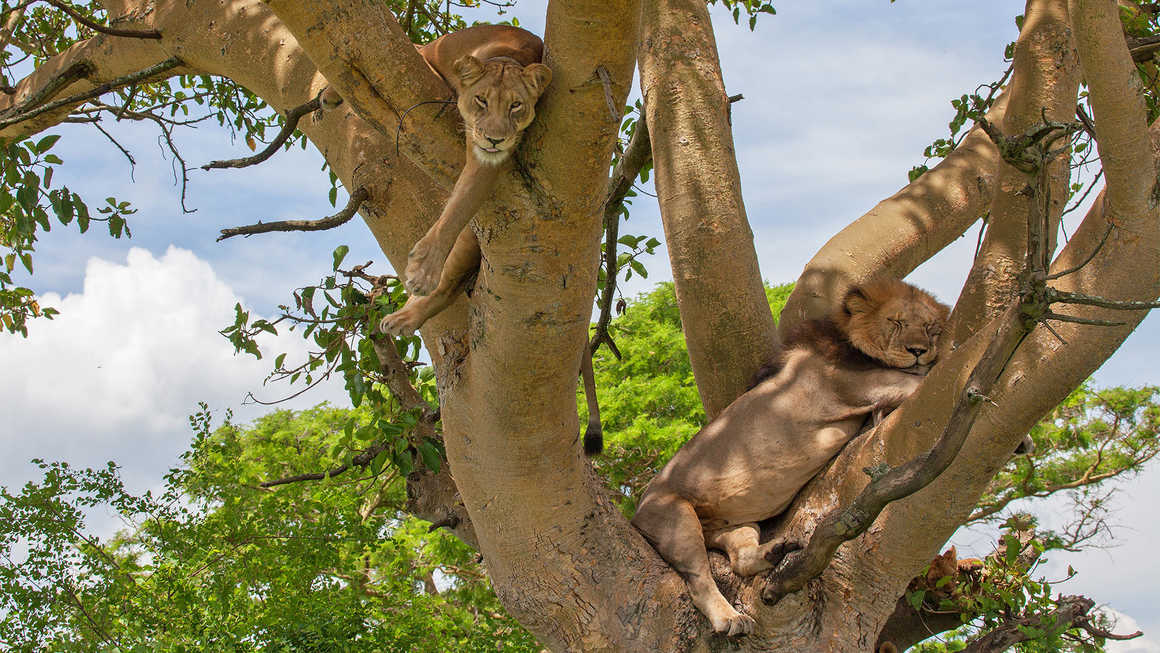
Uganda Safari
What is the weather like in Uganda?
Uganda sits across the tropical belt for the most part and
has two main wet seasons, March to May and September to November, but it can
rain at any time. Outside of these months, the temperatures are hot and dry,
but the rain brings humidity and flash monsoons. These don’t last long but are
sudden and often come with thunderstorms which are a sight to behold.
What to wear in Uganda?
How safe is Uganda?
There is a large Muslim population in Uganda, and it is
important to respect their religion and values whilst you are in public. You do
not need to cover your head, but wearing clothes that cover your chest, arms
and legs is a good idea. Modest behaviour will be appreciated, and it is
important to understand that homosexuality is illegal in Uganda. Avoid public
displays of affection with people of the same sex which are prosecutable.
Cities all over the world have less savoury corners, so
avoid walking anywhere by yourself after dark in urban settings, keep any money
or valuables out of sight and avoid using local public transport which is
rickety and potentially unsafe! A boda boda (moped taxi) may look fun to try
but it is not a good idea.
Uganda is a malarial country which is carried and
transmitted by mosquitos, therefore taking a prophylactic is recommended and
will help to prevent infection. You will always sleep under a mosquito net,
wherever you stay, and treatment is available in most pharmacies over the
counter.
Travelling to Uganda with a reputable travel company such as Kandoo Adventures is a responsible and safe way to explore. You will be
met at the airport, escorted by local guides through national parks and stay in
good quality accommodation throughout your adventure. Your safety is our utmost
priority at all times. Solo travellers will enjoy the camaraderie of group
travel, and the optimised itineraries will help you make the most of your time
in this exciting and vibrant African country.
For more information on staying safe in Uganda, you
can read our blog.
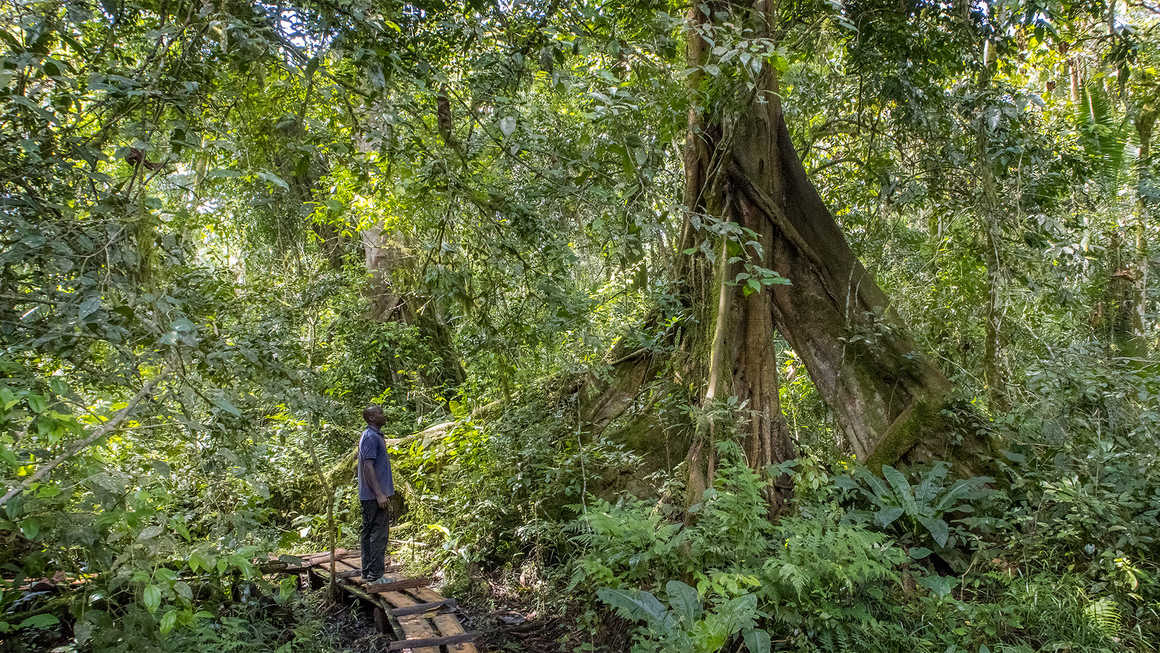
What vaccinations do I need for Uganda?
It is however recommended that the following are up to date:
Hepatitis A & B
Diphtheria
Poliomyelitis
Tetanus
You might also want to consider the following:
Meningococcal Meningitis
Typhoid
Rabies
Always practice good personal and food hygiene, washing
hands before eating, use hand gel after visiting bathrooms, drinking bottled
water and avoiding ice, wearing insect repellent and sunscreen. Following this
advice will help prevent contracting infectious diseases, wherever you go.
Most importantly for Uganda is ensuring you bring and take a
malaria prophylactic. There are a number of different types, and most will
require you to start taking it before you travel so consult your GP or health
practitioner well in advance of your trip.
